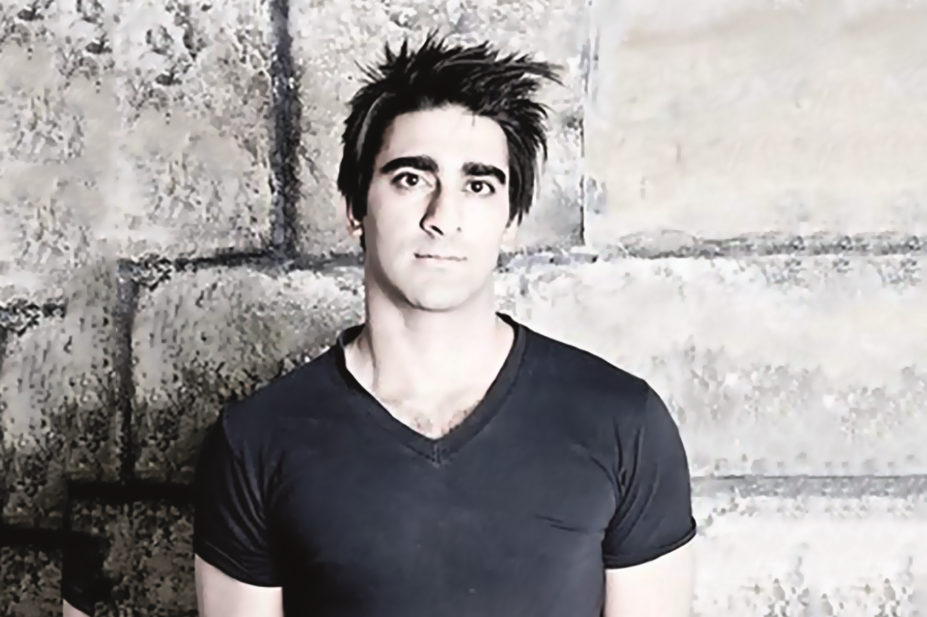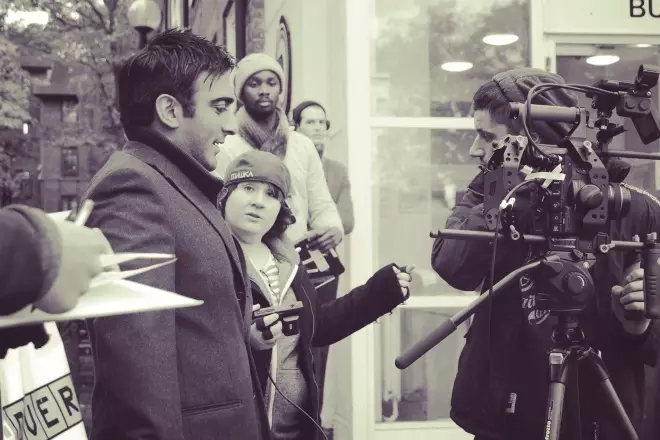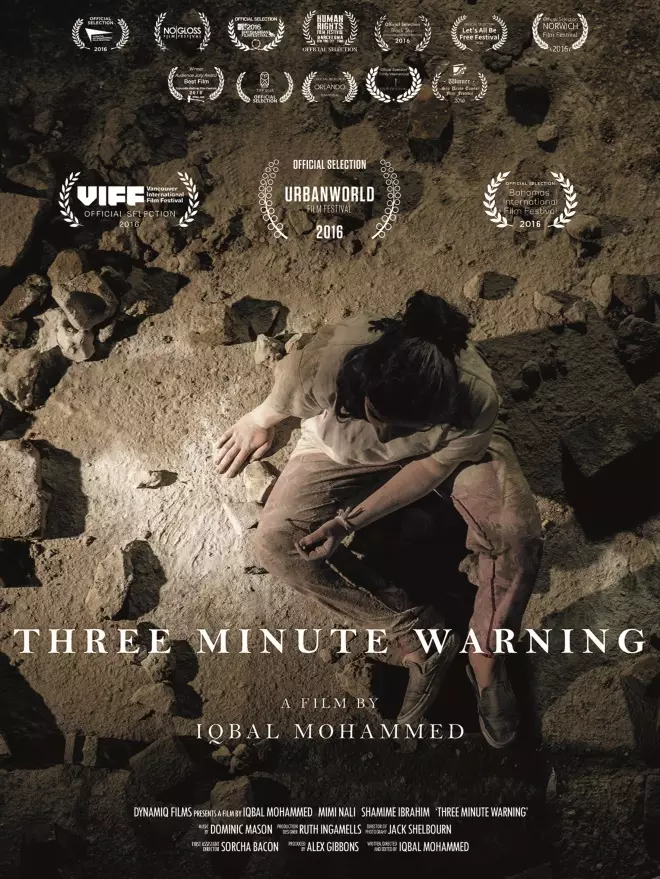
Shot by Shahad
Community pharmacist Iqbal Mohammed wrote his first film script in a week. His most recent film has been screened at international film festivals.
What is your background in pharmacy?
I first realised I had an interest in healthcare because I like caring for people. I would always help in situations that others may not have and believed I could put my skills to good use in a pharmacy setting.
I graduated from the University of Bradford in 2008 and began working in community pharmacy. I currently work in an independent community pharmacy in Huddersfield for a company called SK Lo’s.
In September 2014, I took up the role of lecturer-practitioner at the University of Huddersfield for one day a week. Being able to mould the future of pharmacy is as important to the profession as working on the front line.
How did you get involved in making films?
In 2009, at the age of 24, I had a pharmacy degree, a job, a new car, a place to live and a secure future, but I still felt that there was something missing – I needed a new challenge.
I decided to download the script to Back to the Future, a famous film about time travel from 1985, and found it easy to read. Inspired, I started writing a story that same day and in the space of a week it was finished — all 120 pages. It felt like the first scene out of Jerry Maguire, a comedy film made in 1996, where he writes his paper in one night.
I entered my script into a screenwriting contest in Hollywood. It did well and made the final top ten scripts overall. I was then introduced to a producer who wanted my help making a film called The Pharmacist.
Now, I write, produce, direct and edit my own films. I have recently gained worldwide recognition for my latest film Three Minute Warning, which screened at Oscar-qualifying film festivals around the world. I plan to make my first feature film soon.
What was your first experience in making a film like?
My first experience being on a film set was nerve-wracking, especially when 15 people were looking at me and waiting for my direction about the camera, the cast and the crew.
I remember thinking “what have I done?” I wanted to go back into the dispensary or the consultation room counselling patients on medicine. But my crew was supportive and patient, and understood that I was a first-time director.
Now I find it much easier, particularly because one of my main strengths is communication. This helps people to understand what I mean in a pharmacy, university or film setting.

Source: Courtesy of Iqbal Mohammed
Iqbal Mohammed doesn’t understand why why pharmacists are underrepresented in film and television, because if producers and writers spent time in the pharmacy setting they would understand the amount of drama that comes with the territory.
What is your specific role within film-making and what does this entail?
I initially started writing but I wanted to challenge myself to learn skills in other disciplines. I find producing the most difficult step and the one I need the most help with. Producing a film is all about your contacts and negotiation skills. For example, if I needed an outdoor space on private land, I could ring up the landlord and they would attempt to charge me £500 per day. Someone with experience in producing may be able to book somewhere with a similar look for half the price.
Editing is time consuming but I enjoy it very much. It is the end phase and to see your film come together is awesome.
How do you balance your role as a pharmacist with film-making?
It is difficult to balance my roles because there are only 24 hours in a day. I get 5–6 hours of sleep per night, which is sufficient for me. Some days I will work in the pharmacy or university for 9 hours, go to the gym for 2 hours and then write or work on a film for 4–5 hours, which leaves little social time.
Some people call me crazy, but I tell them: if you love something, you will always make time for it. We have to make sacrifices if we want something badly.
What do you enjoy most about film-making and what do you find most difficult?
I love seeing the words that I have written come together and the film unfold in front of my eyes when I come to direct. I also enjoy public screenings at film festivals — this is when you can sit back and savour the moment. My last film was a humanitarian story about the lives of a mother and daughter in the Gaza strip. I could tell that the audience was moved by the film. If you get people leaning in and leave them wanting more at the end, you have succeeded.
The toughest part, other than producing, is adjusting to the time scales. Great things occur over a long period of time so in this business you must learn to be patient and never give up when things do not come together straight away. For example, Three Minute Warning took 18 months to complete from the writing phase to the final screening at the Bahamas International Film Festival. This film will be available on YouTube from 25 January 2017.

Source: Courtesy of Iqbal Mohammed
Iqbal Mohammed’s most recent film has been screened at Oscar-qualifying international film festivals.
What is your overall career goal and how do you intend to get there?
My overall goal is to win an Oscar and I believe this is achievable. This year we missed out but I plan to keep moving forward and making films with a social theme that make people think about life in general.
However, although awards are great, all film-makers really wish to achieve is recognition and gratitude from the audience. I am currently in the pre-production phase of a new project and I wish to push this all around the world and tell people the story.
How do you feel pharmacists are represented in film and television more generally?
I do not understand why pharmacists are underrepresented in film and television. Maybe it is because producers and writers think our jobs and characters are boring or unappealing to the wider population.
I think it is tragic because if only they spent time in the pharmacy setting they would understand the amount of drama that comes with the territory. We are anything but boring – I am yet to meet a pharmacist that is not a little quirky.
You may also be interested in
The importance of diverse clinical imagery within health education

Government should consider ways to prevent ‘inappropriate overseas prescribing’ of hormone drugs, review recommends
